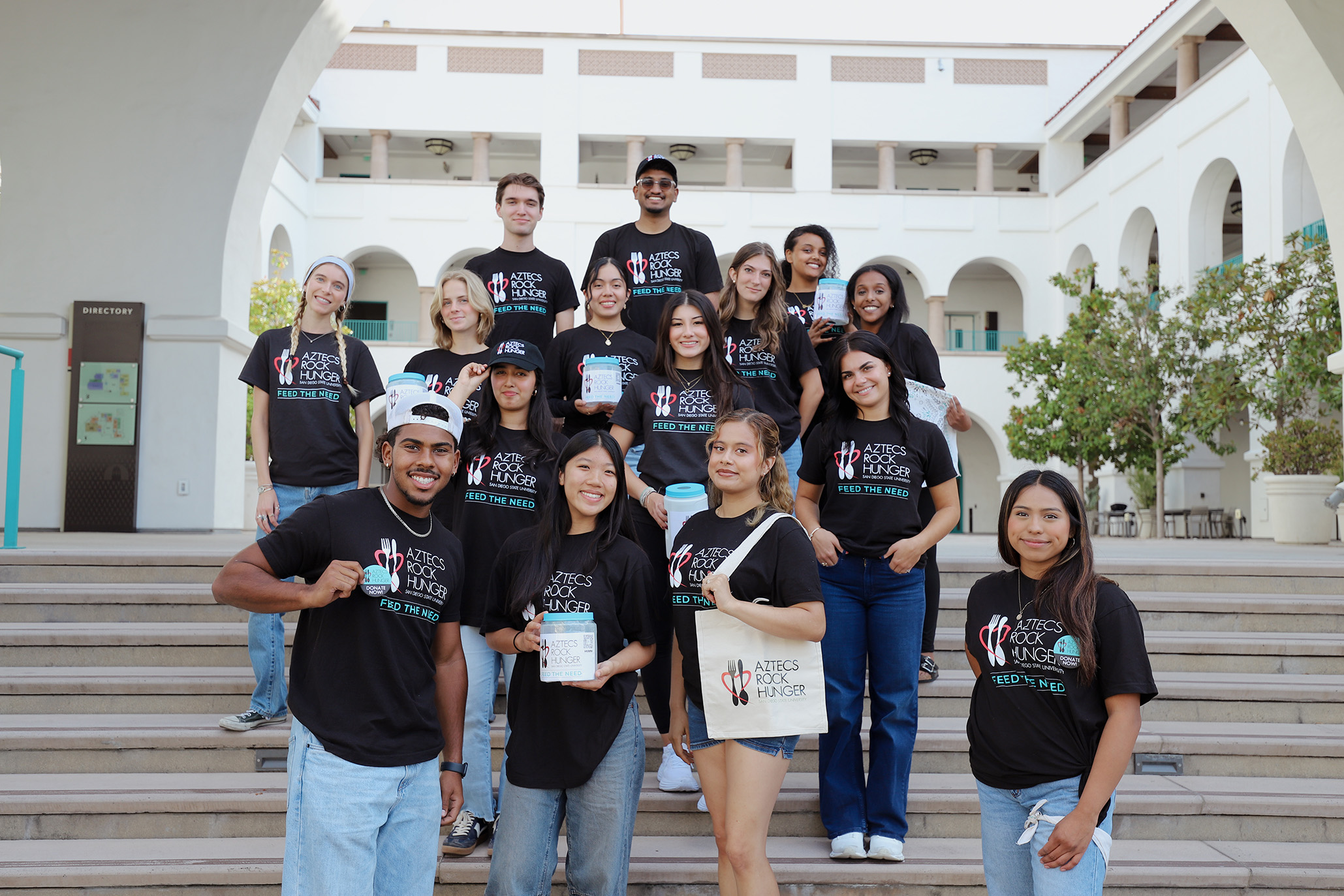Narcissism Increasing Among College Students
New study indicates increase in narcissism is accelerating most among young women

Narcissism among college students is increasing even faster than previously thought, finds a new study by researchers from San Diego State University and the University of South Alabama. The increase is especially steep among college women.
Jean Twenge, Associate Professor of Psychology at SDSU, and her co-author found that whereas increases were similar among ethnic and racial groups, narcissism in young women increased more than in young men, suggesting that recent cultural changes have affected girls and women more. Narcissism is an inflated sense of self linked to overconfidence, materialism, lack of empathy for others and relationship problems.
“The narcissism epidemic seems to have hit girls especially hard,” said Jean Twenge, co-author of The Narcissism Epidemic: Living in the Age of Entitlement. “From Internet sites to reality TV, they see narcissistic behavior portrayed as normal. There have been so many triumphs for women over the last few decades, so it’s distressing to see this negative trend.”
New study results
The new study evaluated more than 20,000 college students between 2002 and 2007 and found a faster rate of increase in narcissistic traits overall than an earlier study which evaluated students between 1982 and 2006.
The increase in narcissistic traits is just the tip of the iceberg,” said Twenge, who is also the author of Generation Me: Why Today’s Young Americans are More Confident, Assertive, Entitled – and More Miserable than Ever Before.
“Even more disturbing is how narcissism and attention-seeking have become rampant in our culture, from girls sending naked pictures of themselves on cell phones to plastic surgery rates more than doubling in just ten years.”
This new research, which was published in a recent issue of the Journal of Research in Personality, is consistent with a recent study that found nearly 1 out of 10 people in their 20s had experienced symptoms of Narcissistic Personality Disorder at sometime in their life, compared to only 3 percent of people over the age of 60 – even though older people have had many more years to develop such problems.
What is narcissism?
According to Twenge, narcissism can be thought of as a continuum; although many people have the narcissistic personality traits assessed in the study, only a small minority could be diagnosed with the clinical disorder, Narcissistic Personality Disorder. However, today there are three times as many young people versus older people who have experienced the disorder.
Statements from the Narcissistic Personality Inventory include:
* If I ruled the world it would be a much better place
* I think I am a special person.
* I can live my life anyway I want to.
* I like to be the center of attention.
Creating a healthy self-image
“Children have been fed a constant diet of self-esteem at school and at home for a long time now, said study co-author Joshua D. Foster, Assistant Professor of Psychology at the University of South Alabama. “This, combined with the fact that very few children actually have low self-esteem to begin with, makes the increase in narcissism we’re observing very understandable.”
According to Foster, there are things parents can do to help their children develop a realistic and socially healthy self image.
“I would never suggest that parents not do things to make their kids feel good about themselves,” said Foster. “But rather than telling little Johnny that he’s the reason his soccer team wins, encourage Johnny to see how the team as a whole works well."


